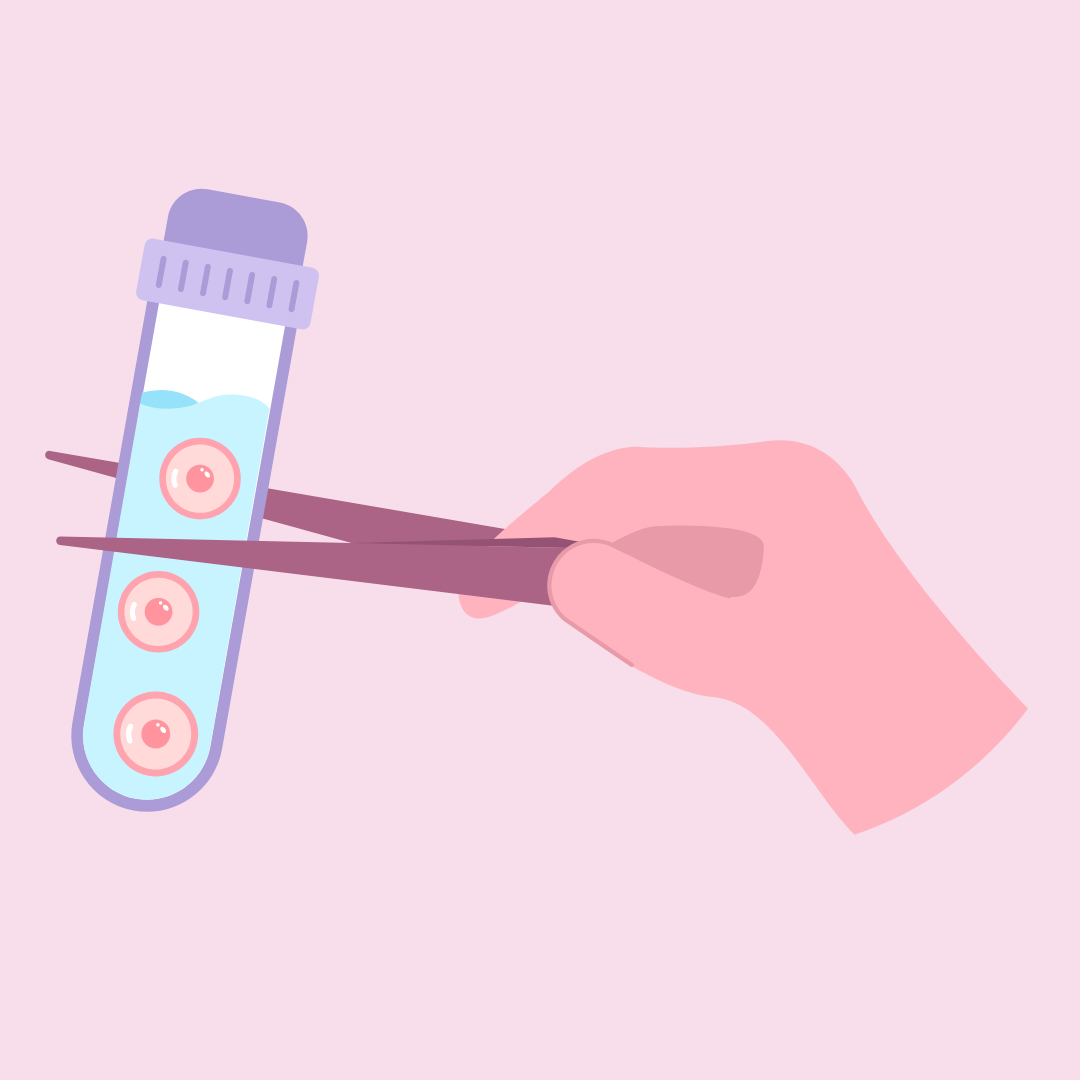Aggregated News

As more people access fertility services in their journeys to becoming parents, Toronto Metropolitan University professor Katie Hammond says the Canadian fertility industry is in need of greater oversight.
A professor at the Lincoln Alexander School of Law, Hammond’s latest research explores the treatment of egg donors at private fertility clinics. She interviewed 14 egg donors about their medical care before and after egg retrieval procedures. What she found is alarming: the treatment of many of the donors was in direct contrast to the Canadian Medical Association’s (CMA) Code of Ethics.
“The research raises some really big concerns about the way that egg donors are being treated by the fertility clinics,” said Hammond. “There was a lot of imagery and wording related to farm animals, donors calling themselves cattle or cows. Donors felt like they were treated badly by the clinics and were just a means to provide as many eggs as possible for the intended parents.”
Hammond found the majority of donors felt inadequately informed about what egg provision truly involved. For example, risks and side effects weren’t always...



